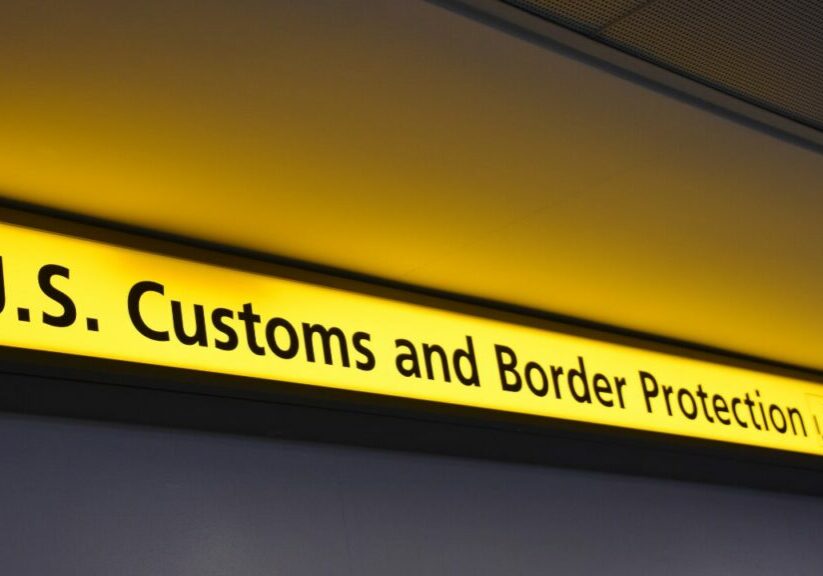Get a free consultation now!
CBP Regulations 101: The Basics

Sadie Keljikian, Express Trade Capital
US-bound importing/exporting is one of the most complex and vast international industries in existence. Importers have numerous factors to consider in every transaction, including sourcing within their supply chains, warehousing, transportation, customs regulations, and more. Although importing is appealing as a potentially lucrative business, it requires an enormous amount of preparation and organization and should not be taken lightly.
One of the most complex among these factors are the regulations under United States Customs and Border Protection, or CBP. Familiarity with these regulations is essential in the importing business because if a shipment is in violation of CBP’s regulations, it will be delayed at port and potentially taken to a detention warehouse, where it may not be released and distributed for months, if at all. Since most of these regulations are generally focused on national security and health, it is vital that you learn the requirements and do everything you can to adhere to them.
Intellectual Property Rights Violations
This is one of the easiest regulations to accidentally violate because if you haven’t licensed your goods, you may be in violation of another business’s intellectual property without even realizing it. In order to prevent delaying your goods and ensure that any product designs you own aren’t plagiarized, you must register them at the United States Patent and Trademark Office. This will alert you to any existing violations and make sure you never become a victim.
If you find that your goods are, in fact, in violation of another company’s licensing or intellectual property, you won’t be able to sell them in the US in any event. So, it is wise to investigate as thoroughly as possible prior to production to avoid spending money on goods you won’t be able to sell.
Agricultural Products and Food
If you import fruits, vegetables, meat or plants, it is wise to prepare for a number of possible delays. First, it is vitally important that you declare these items on your CBP declaration forms. Next, you should ask permission to transport these goods in advance and obtain any necessary permits. For example, if you are importing any seeds or cuttings intended for propagative purposes (meaning they will be planted or replanted when they reach their destination), you need a foreign phytosanitary certificate before the order arrives.
Due to the potentially disastrous environmental effects of certain pests and soil from foreign ground, all plant matter is inspected upon arrival at US ports. Provided that they are declared and found to be free of pests/soil and as described, most dead plant matter (meaning not intended to be propagated) will be permitted entry without incident.
Meat-based imports are equally, if not more, highly regulated than plant-based ones due to legal requirements from the Food and Drug Administration, or FDA. The primary concerns surrounding these products involve diseases like hand-foot-and-mouth disease (HFMD) or bovine spongiform encephalopathy (BSE, also known as mad cow disease), which are still prevalent in certain parts of Europe and worldwide. Goods containing meat products (i.e. prepared foods) from restricted countries are usually prohibited from entering the US, so be aware of the origins of all of your meat-based products to avoid losing your goods at customs.
Read part 2 here!
For more information on CBP regulations, read our next blog or contact us.
Take a look at our website to learn how we can help your business flourish with our trade finance and logistics solutions!
